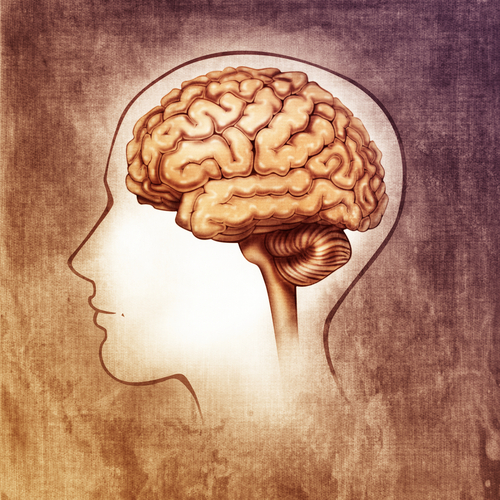Here is an opportunity to view a series of timely talks on reproducibility, online.
This September we held the Oxford Reproducibility School, a meeting aimed at discussing current problems in empirical science as well as best research practices. Spurred into action by Kia Nobre, organized by Dorothy Bishop, side-kicked by Caroline Nettekoven, Verena Heise and Ana Todorovic, satellited to the annual Autumn School in Cognitive Neuroscience, the Oxford Reproducibility school gathered concerned researchers trying to make a difference.
We recorded the talks and will soon be releasing them as Oxford podcasts. I will announce each talk as it becomes available.
The talks focused on both problems and solutions, and discussed issues in psychology, anthropology, cancer research, pharmaceutical research, neuroimaging and statistics.
Dorothy Bishop and Marcus Munafo described what the reproducibility crisis is – what is causing it, what are the consequences, why we should be concerned.
Richard Morey and EJ Wagenmakers told us about statistical approaches to making data interpretations more meaningful.
Florian Markowetz discussed why working reproducibly is good for you (and not just good for science).
Then came the practical suggestions.
Tom Nichols and Laura Fortunato gave us insights on the computational aspects of creating a reproducible and easy to share workflow.
Chas Bountra told us about his highly successful crowdsourcing approach to large scale pharmaceutical research.
Kate Button showed us her grassroots take on training undergraduates to work reproducibly from the outset.
Chris Chambers showcased registered reports as a way of re-focusing our priorities on the quality of research instead of the outcomes.
Ulrich Dirnagl blew us away with his description of the multi-faceted QUEST center in Berlin, which provides robust research guidance to thousands of clinical researchers.
And finally, Ana Todorovic (that’s me) talked about reproducibility difficulties when approaching a heavily preprocessed neuroimaging dataset.
I wrote a short blog post to introduce each talk, and linked the corresponding lecture video. Please scroll down for the full list of titles. Or if you prefer to go straight to the videos, you can find them on Oxford Podcasts and iTunes.
Click on this video to watch Dorothy Bishop opening the School.
OXFORD REPRODUCIBILITY SCHOOL AND AUTUMN SCHOOL TALKS:
Marcus Munafo (University of Bristol) An agenda for reproducible science
Chas Bountra (University of Oxford) The pharmaceutical industry believes that a lot of academic literature is not reproducible. How should we respond?
Richard Morey (Cardiff University) Importance of statistical power for cumulative science
Kate Button (University of Bath) Making student projects meaningful through consortium studies
Chris Chambers (Cardiff University) Registered reports as a solution to publication bias and p-hacking
EJ Wagenmakers (University of Amsterdam) Bayesian statistics without tears
Ulrich Dirnagl (Charité Universitätsmedizin Berlin) The QUEST Center in Berlin: A structured approach to improve the value of academic biomedicine
Ana Todorovic (University of Oxford) Dilemmas of an early career researcher
Dorothy Bishop (University of Oxford) Introduction: The why and how of reproducible science
Tom Nichols (University of Oxford) Practical tools for open and reproducible neuroimaging
Florian Markowetz (University of Cambridge) Selfish reasons to work reproducibly
Laura Fortunato (University of Oxford) Effective computing for research reproducibility
